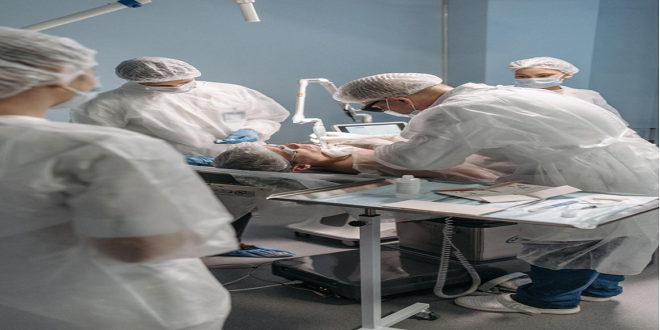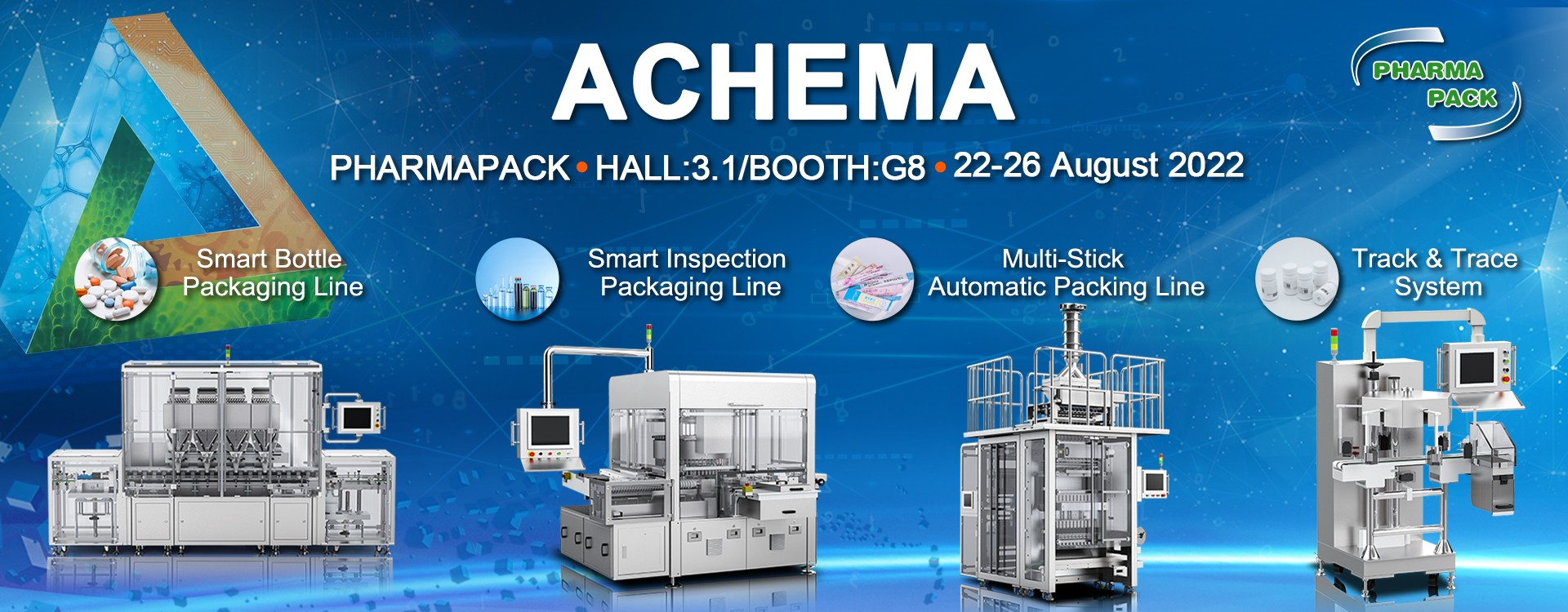Minimally Invasive Cardiac Surgery – A New Leap Forward

Minimally invasive heart surgery has gained in popularity during the last decade. This expansion has been fueled in part by a desire to apply many of the documented benefits of minimal access surgery, such as reduced pain and surgical stress, to the field of cardiac surgery. Parul Sevashram Hospital is one of the few multispeciality hospitals in India offering minimally invasive heart surgery.
But as with any medical procedure or surgery, there are concerns about reduced surgical exposure in highly complex surgeries and the possibility of longer operating timeframes and patient safety dampened initial enthusiasm for such procedures.
With advancements in perfusion techniques, transthoracic echocardiography improvement, and the creation of specialised surgical equipment and robotic technology, cardiac surgery was given the tools it needed to evolve to less intrusive ways. Unfortunately, far too many individuals are unaware of minimally invasive heart valve surgery benefits.
It is partly because these treatments are very new, with only a few doctors doing them. In reality, less than 1% of aortic valve procedures and less than 20% of mitral valve surgeries are conducted worldwide.
Understanding Minimally Invasive Surgeries Further
Minimally invasive heart surgeries take less time to complete, have fewer problems, and patients recover faster in as little as 10 days compared to six to eight weeks following standard surgery. That means you’ll be able to return to work and your daily hobbies sooner. In addition, when compared to traditional open surgery, patients benefit from less visible scarring following minimally invasive heart valve surgery.
Here’s why minimally invasive heart surgery is the right path forward. Patient benefits include:
- No opening of the chest or bone cutting
- Reduced recovery time
- Reduced Pain and the danger of complications
- Reduced blood loss
- Minimal Scarring
- Reduced hospital stay
Instead of cutting through the breastbone as in open-heart surgery, minimally invasive cardiac surgery entails making tiny incisions on the right side of the chest to reach the heart between the ribs. Several cardiac problems can be treated using minimally invasive heart surgery. Compared to open-heart surgery, this form of surgery may result in less discomfort and a faster recovery for many patients.
In contrast, traditional cardiac surgery involves making an incision through the breast bone in the centre of your chest. The incision is approximately 6 to 8 inches long. It is the most common surgery for patients requiring complicated heart surgery, reoperations, numerous coronary artery bypass procedures, or major aorta treatments.
You’ll usually spend a day or two in the Intensive Care Unit (ICU) following the minimally invasive surgery. Intravenous (IV) lines will be used to provide fluids and drugs to you. After the ICU, you will be transferred to a regular hospital room for a few days. Your health and operation will determine the length of your stay in the ICU and hospital.
Now the question arises; can you choose minimally invasive heart surgery for your heart condition? What are the heart surgeries that can be performed with minimal invasive procedures?
Conditions/Diagnosis That Are Eligible for Minimally Invasive Surgeries
While minimally invasive heart surgery is a possibility for the majority of patients, only you and your surgeon can decide if it is the best option for you. Minimally invasive cardiac surgery is performed in hospitals such as Parul Sevashram Hospital for the following procedures:
- Mitral valve repair/replacement
- Aortic valve repair/replacement
- Tricuspid valve repair/replacement (TVR)
- MAZE procedure for atrial fibrillation
- Coronary artery bypass grafting (CABG)
- Ventricular assist device (VAD)
- Atrial septal defect (ASD) repair
Not everyone is a candidate for minimally invasive cardiac surgery. Your doctor and treatment team will collaborate with you to assess whether it is a viable therapy choice for your disease. Your doctor will likely analyse your medical history and run tests to learn more about your heart health before deciding whether minimally invasive heart surgery is the best option.
Minimally invasive cardiac surgery is a complex medical operation requiring much training and expertise. You should consult a medical facility with surgeons and a surgical team skilled in doing minimally invasive treatments.
Luckily Parul Sevashram Hospital has everything you need to determine if this surgery is the right option for you. From experienced doctors and surgeons to the necessary test facilities, you can get the complete understanding of minimally invasive cardiac surgery in India.
Parul Sevashram Hospital is a fantastic hospital in Vadodara that takes a unique patient-centred approach to treatment. Parul Sevashram Hospital uses cutting-edge technology to treat common disorders and alleviate people from all walks of life.
Parul Sevashram Hospital is also recognised for offering world-class care to patients worldwide, with over 125 skilled physicians overseeing all departments and 450 nursing and paramedical workers assisting them.
Parul Sevashram Hospital is a 4.2 lakh square foot institution with 750 beds created with well-ventilated, modern architecture that serves thousands of patients each year and is widely considered India’s best hospital. PMJAY MAA and other well-known government and insurance programmes have also accredited Parul Sevashram Hospital.
So, visit one of the best heart hospital in India to understand more about minimally invasive heart surgeries!





